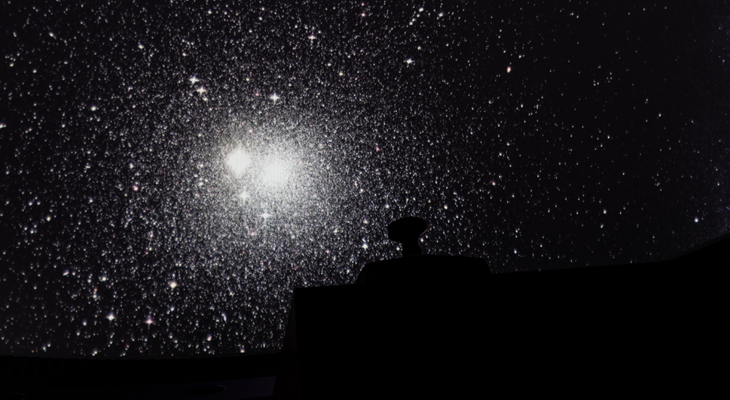
Planetarium Show: The Little Star That Could
A lot has changed since JJC moved to online only classes and services in late March amid the COVID-19 pandemic, with employees providing support remotely while students learn from home.
Business operations began to change quickly as JJC entered its spring break and the coronavirus started to spread throughout the U.S. Within two weeks, the college’s academics and information technology teams had collaborated to transfer over 1,400 courses online. Classes and services resumed March 29 in a remote capacity only.
“I’ve been at this institution over 23 years. JJC is a close-knit family,” President Dr. Judy Mitchell recently shared in a video to the campus community. “They pull together in times of difficulties. We’re there to pull together, to band together, to identify ways to how can we make this work.”
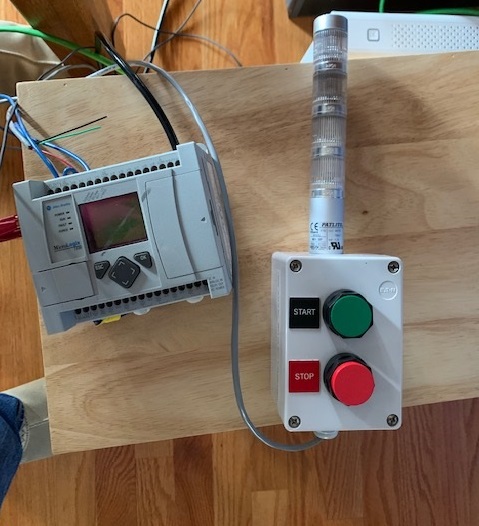
In nearly two months of remote college operations, JJC employees and students have come up with some creative ways to teach and learn. With the spring semester concluding this week, a lot has been learned during this time that will prove valuable during the summer, as classes will continue online only. The summer semester starts May 25.
Some of the more challenging classes to convert have been those with a lab component. For Mary Sue Gurka, a technology professor who teachers programmable logic controllers and robotics, she turned her living room into the lab and taught students through video conference.
“I’m really surprised at how interactive they’ve been,” said Gurka. “Students show up in their pajamas, their kids are running in and out, and they’re still really engaged. They wanna ask questions. They look forward to the meetings. I think they’re interacting with each other really well, too.”
She’s even teamed with JJC Career Services, which works with her students to provide industry-related feedback on their work.
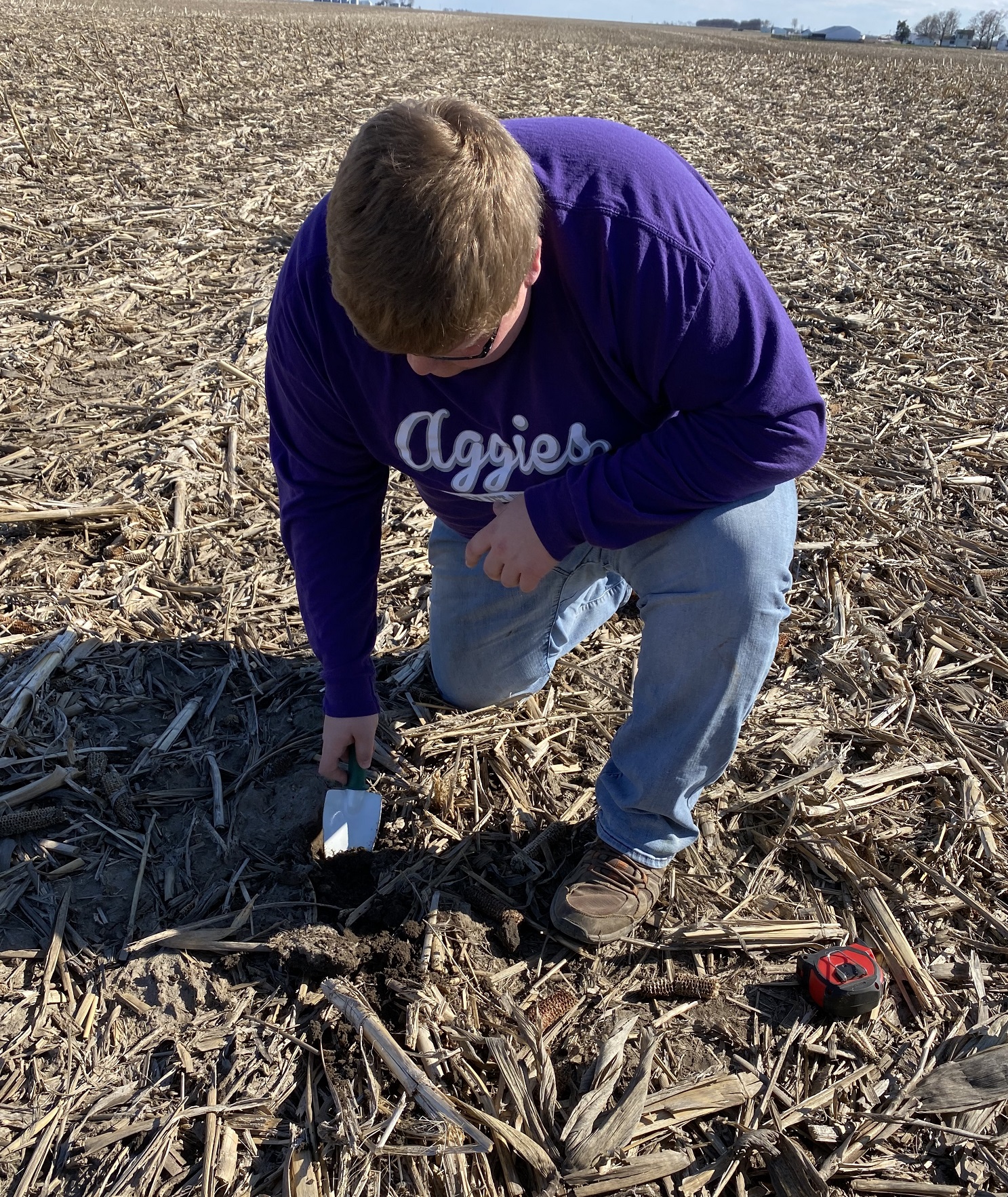
In JJC’s Agricultural/Horticultural Sciences Department, students are accustomed to learning at the college’s greenhouse or out at the Weitendorf Agricultural Education Center. With only remote classes available, professor Tammy Miller collaborated with a local laboratory to test soil samples that students took from their home environments.
“Students were excited to sample their own property and obtain professional soil test results that can benefit them directly. Some students sampled gardens or landscaping while others sampled their family's farmland,” said Miller. “Both scenarios provide the students the opportunity to apply the knowledge they have gained in the introductory soils class to interpret the results and potentially make improvements to their personal soil.”
When the college moved to remote learning, theatre professor Julie Giampaolo was initially unsure how to transition her hands-on costume shop course. But after safely administering supplies to her students, she was able to teach them by video how to create face masks. These were then distributed to residents of a local behavioral and senior living facility. It’s been a rewarding experience for students like Kathy Quezada, a theatre major from Bolingbrook.
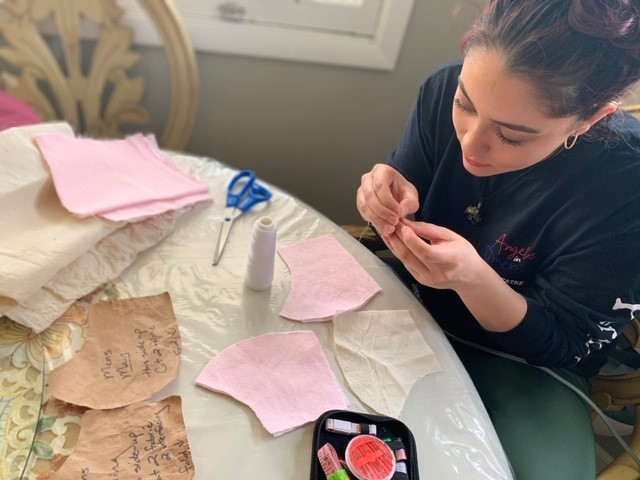
“As a class, being able to use these amazing lifelong skills that professor Giampaolo has taught us to help our community is the least we can do!” said Quezada. “We are all affected by this, and we should do our part to support one another and our community.”
The 3D printers in JJC’s MakerLab, which serves as resource for both students and community members, have been operating at full capacity during this time. MarkLab Manager Debra Daun has coordinated with community member Tom McCullagh to produce face mask shields, which have been distributed to frontline healthcare workers throughout the state and beyond.
“Debra is always ready to lend a helping hand and without hesitation stepped up when we were approached with this project,” said Amy Murphy, dean of applied arts, workforce education and training. “I can’t thank Debra enough for her efforts and sharing her expertise with the innovative technologies that are available in our MakerLab.”
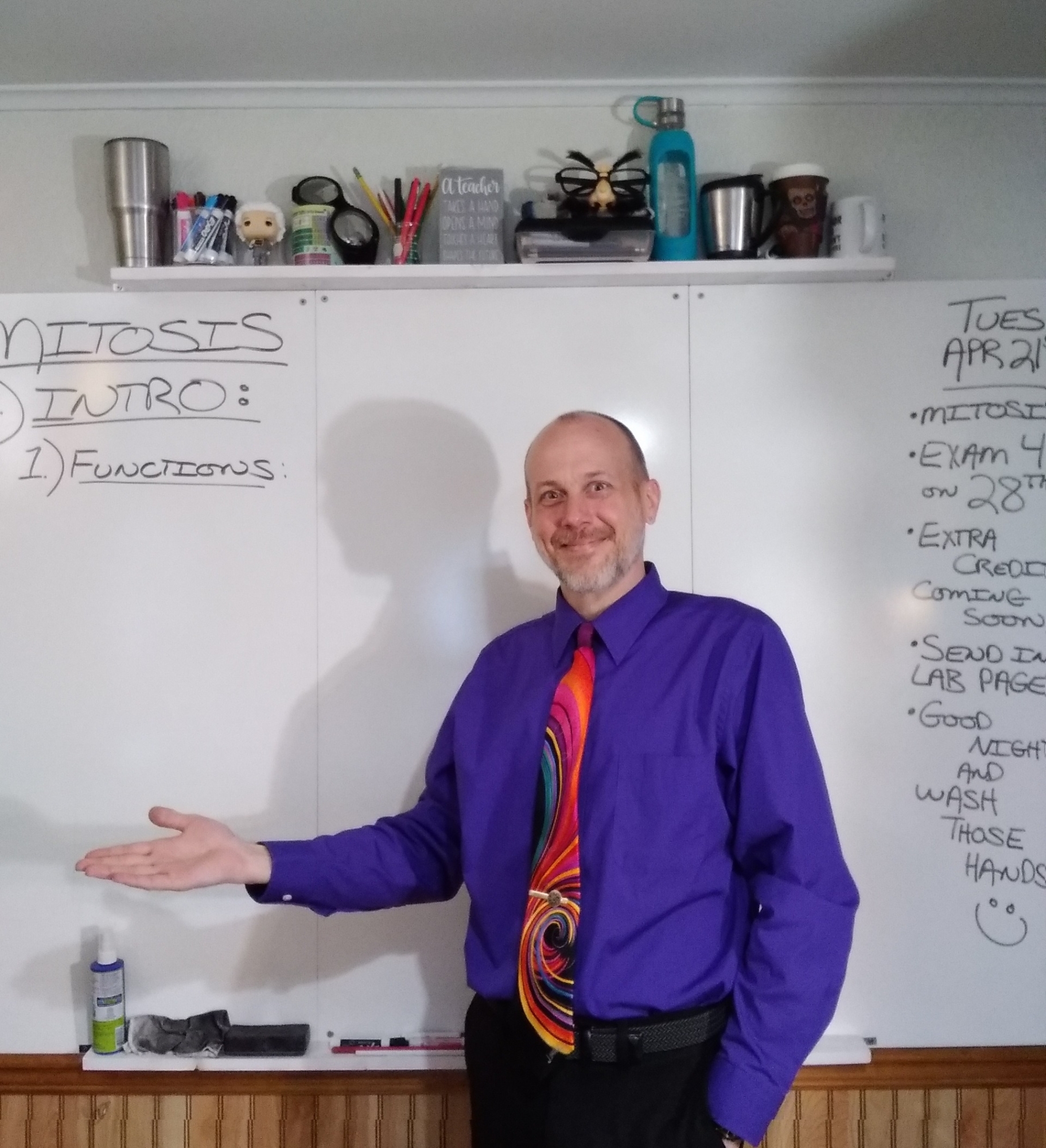
For more traditional classroom settings, professors still felt the need to modify their work from home arrangement to better instruct students.
For Jason Howland, a natural sciences adjunct professor, that meant creating his own dry erase board and installing in his kitchen to teach students via video. According to Howland, he wanted to keep things as normal as possible.
“Can I keep teaching the class the way I have been to minimize the stress on my students and myself?” Howland thought. “So now, when my students and I come together for this brief moment out of our day to talk about biology, all of the chaos outside fades away and it’s normal. It feels normal.”
He even turned the DIY project into a kit for others to replicate.
Chef Mike McGreal, culinary arts department chair, moved his ice carving lab to his front yard, much to the joy of his Orland Park neighbors.
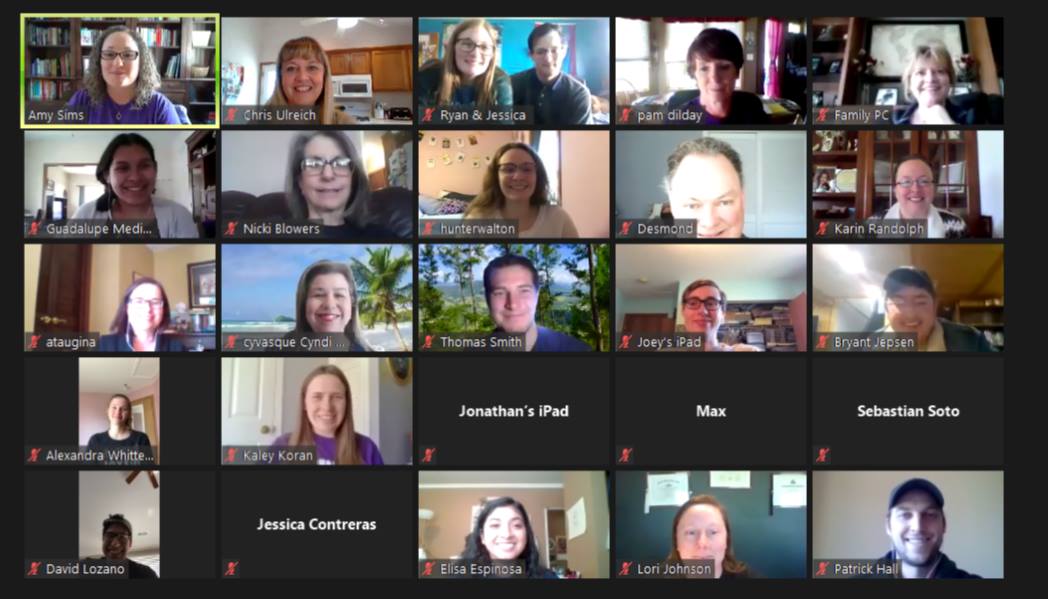
“Before, we probably wouldn’t have stopped to take a picture because we’re always rushing from one place to the next with activities for the kids,” Trish Soltys told the Chicago Tribune. “Now, you realize there’s time to appreciate this work he’s doing for his students, and we benefit from it too.”
Aside from classes, JJC’s Office of Student Activities is typically busy managing dozens of events each semester. Its team has been able to convert many to virtual events, including the annual JJC Idol karaoke contest. OSA also coordinated the Collegiate Club Council’s end-of-year recognition event through Zoom.
These examples and many others of how JJC students and employees are making the most of their remote education experience are featured online.
JJC concludes its spring semester on May 15, and will continue online only classes for the summer semester beginning May 25.
View Remote Operations Highlights
For media inquiries, contact Communications and Media Coordinator Scott Harvey at sharvey@jjc.edu.

